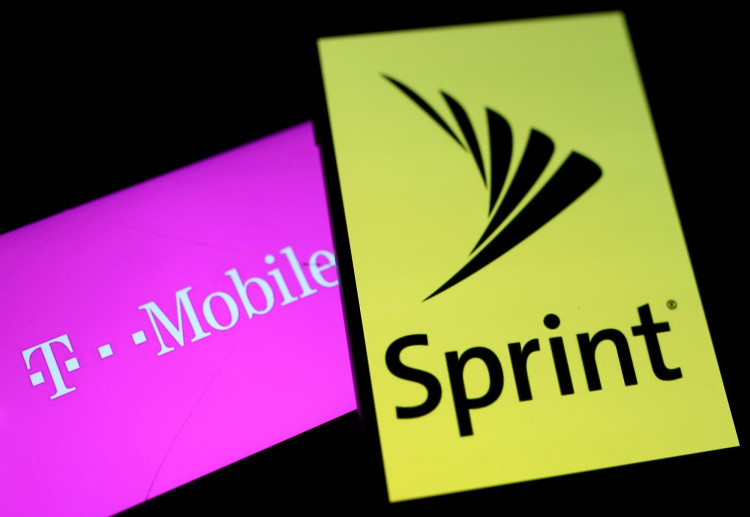After years of delays, the long-planned merger between the third and fourth-largest wireless carriers in the United States is finally pushing through. The $26 billion-merger between T-Mobile and Sprint just received the green light from a federal judge on Tuesday, ending a years-long battle.
The ruling in favor of the merger marks the start of a likely dramatic change in the wireless market in the United States as the company joint together to become a much more competitive entity, albeit as separate companies within the same space. The decision on Tuesday was made by US District Court Judge Victor Marrero.
Following the announcement of the decision, Sprint's stock prices shot through the roof, surging upwards by up to 70 percent on Tuesday. Meanwhile, T-Mobile's stock prices had also spiked by as much as 12 percent following the decision.
T-Mobile CEO, Jong Legere, mentioned in a statement that the approval was a huge victory for the company and for American consumers. In the trials leading up to the decision, both companies repeatedly mentioned that the merger would allow them to better serve their customers by providing better perks and an end to wireless contracts.
On Tuesday, both companies stated that the merger would result in new jobs, with up to 11,000 more full-time positions becoming available over the next four years. The merger would also allow them to roll out 5G networks are nationwide much faster, according to both companies.
During his ruling, Marrero stated that he did not see the merger as being anticompetitive behavior or detrimental to the market as a whole. The judge also rejected the lawsuits filed by thirteen US states and the District of Columbia, which had sought to halt the merger.
The merger itself will result in the establishment of three similarly sized companies within the wireless sector. This will include the "New" T-Mobile, AT&T, and Verizon. Dish Network has also revealed plans to establish itself as a new wireless service provider following the merger.
According to Marrero, Sprint by itself does not have the ability to operate as a nationwide competitor given its current standing. The judge added that he believes Sprint will only be able to roll out a nationwide 5G network if it merges with T-Mobile.
Despite the arguments made by various state attorneys generals that the merger would increase prices and depreciate service quality, Marrero countered that the economic theories and analytical models still remained unconvincing. Marrero wrote that the theoretical forces or mathematical models cannot accurately determine future markets and that his decision was the right one to make given his frontline experience.





